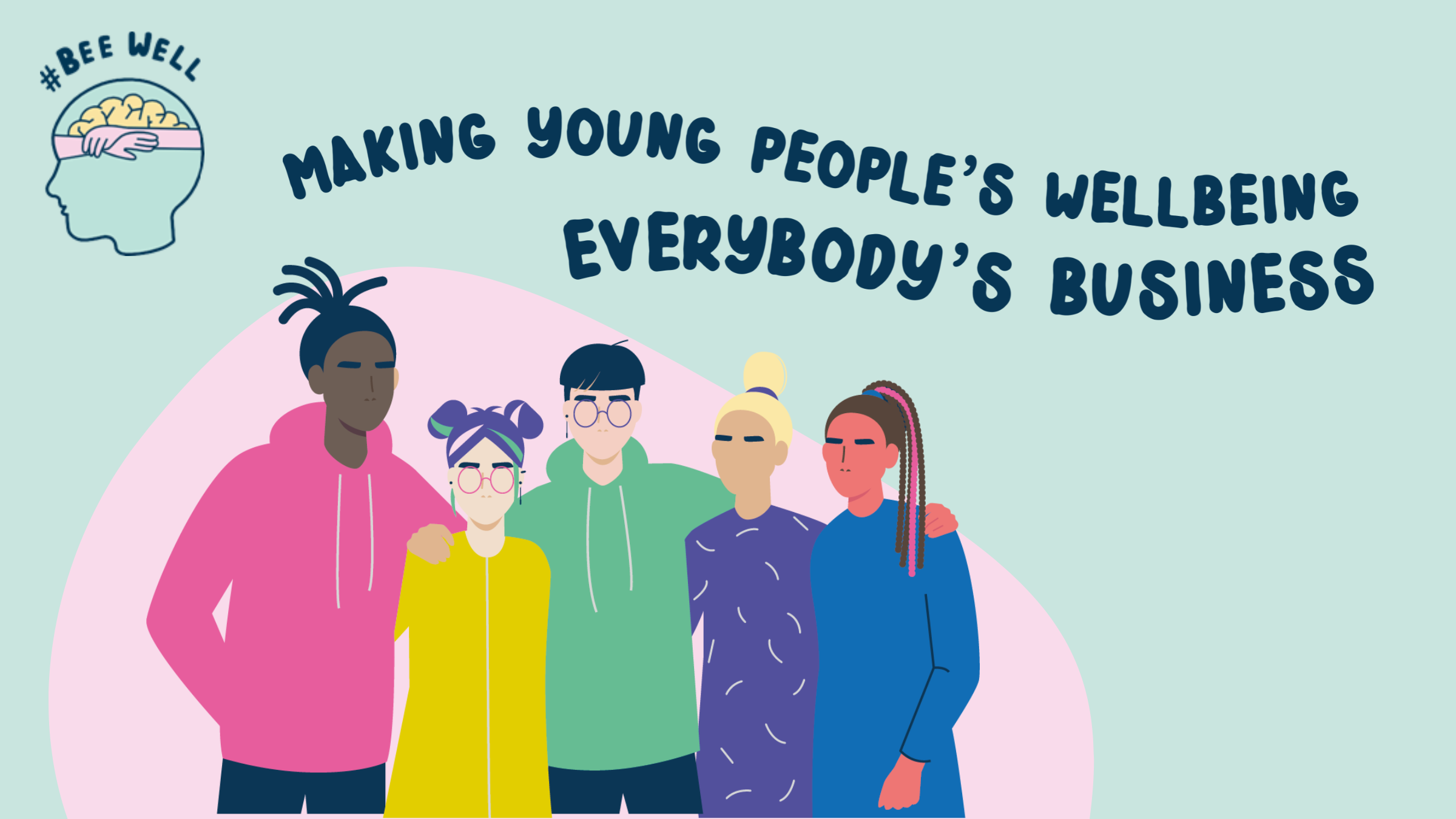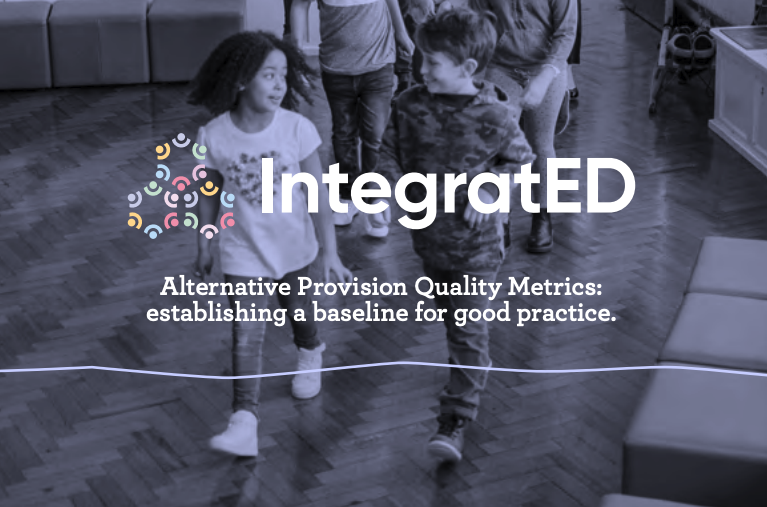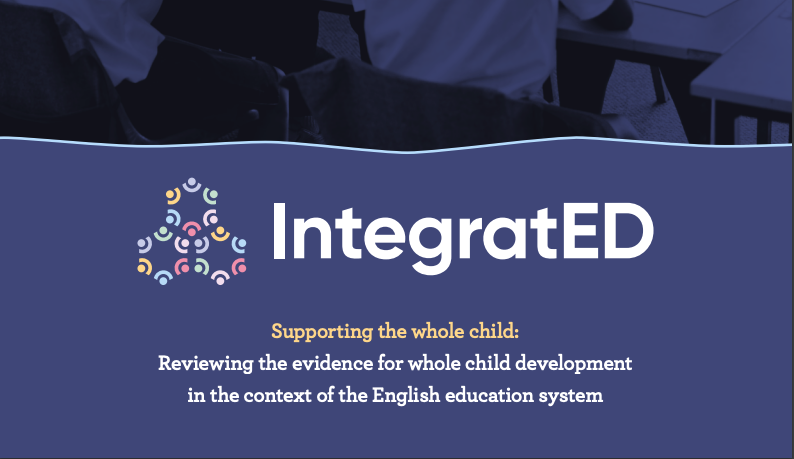
The wellbeing of young people in the UK has been falling since 2015. So significantly in fact, that the average life satisfaction of young people in the UK is the 2nd lowest in the OECD.
Results from the OECD’s most recent Programme for International Student Assessment (PISA) were published on 5th December, revealing the latest international comparison of education performance across more than 80 countries. Over 690,000 15-year-olds took part in the study in 2022.
In addition to findings on educational attainment in maths, reading and science, the results offer a stark reminder of the internationally low wellbeing of young people in the UK. A quarter (25%) of 15-year-olds in the UK revealed they are not satisfied with their lives, well above the OECD average (18%).
Taking wellbeing seriously
This latest reminder of the low and declining life satisfaction of young people in the UK is an urgent call to action. First, we need to take the wellbeing of young people seriously. Second, we need to put young people at the centre of our efforts, listening to them about what matters in their lives. #BeeWell is a youth-centred wellbeing programme that exists to do just this.
Whilst a granular level of analysis is often used to improve attainment scores, it’s rarely applied when it comes to wellbeing, despite similar limitations of concentrating on the overall international picture. The #BeeWell programme is grounded in an awareness that young people’s wellbeing is a product of all spheres of life, not just school. Moving beyond the OECD’s latest PISA findings requires a true understanding of the drivers of wellbeing, and an active effort to listen to what young people tell us is important.
Ultimately, what makes us happy or sad, motivated or upset, changes not just across countries but within them too. For an evidence-led approach to improving wellbeing – one that takes wellbeing as seriously as attainment – localised data is required.
The benefit of consistent, localised data
Since the previous PISA report in 2018, #BeeWell has established a wellbeing programme that has uncovered a much deeper understanding of the domains and drivers of young people’s wellbeing in England. The annual wellbeing survey at the centre of the programme has heard from over 82,000 young people across Greater Manchester, Hampshire, Isle of Wight, Portsmouth, and Southampton.
Developed with the #BeeWell Youth Steering Group, the survey findings have provided comprehensive insights into the importance of a range of drivers of wellbeing. These include relationships, inequalities, physical activity, sleep, and participation in arts culture and entertainment.
This innovative, evidence-led approach enhances our understanding of how wellbeing changes depending on local area. By linking neighbourhood data (such as access to health services, proximity of charities, and levels of crime), research led by The University of Manchester has reported on the influence of social cohesion and relational characteristics of neighbourhood on wellbeing.
Similar to census results, the findings are published by neighbourhood in an interactive dashboard that drives a widespread local response. In Greater Manchester, schools, the NHS, local authorities, and the rest of civil society have all been involved in efforts to improve young people’s wellbeing in response to the data. Targeted, place-based improvements in wellbeing are as important, if not more so, than national initiatives that international rankings tend to inspire.
Hampshire, Isle of Wight, Portsmouth and Southampton forms the latest region to participate in #BeeWell, extending the place-based approach beyond Greater Manchester with a locally-adapted survey.
A youth-centred approach
The neighbourhood level insights produced by #BeeWell are not just a product of taking wellbeing seriously, but also a reflection of a youth-centred approach that puts young people’s voices at the heart of decisions made to improve their lives.
#BeeWell uses the Lundy Model of participation to co-create an environment where young people’s wellbeing is everybody’s business. Survey data alone won’t empower young people to drive change and that’s why #BeeWell celebrates the involvement of young people who have been involved throughout the life of the programme.
350 young people were involved in the design of the #BeeWell survey. And more recently, the programme’s youth social prescribing pilot has seen young people in Greater Manchester commission £100,000 to improve wellbeing in their communities.
Hope for the future
The #BeeWell programme shows that with consistent, widespread data, we can respond to the complex contextual factors that underpin and reinforce wellbeing inequalities. Doing so will drive improvements locally whilst making young people’s wellbeing everybody’s business. Only then will the international picture start to change.


